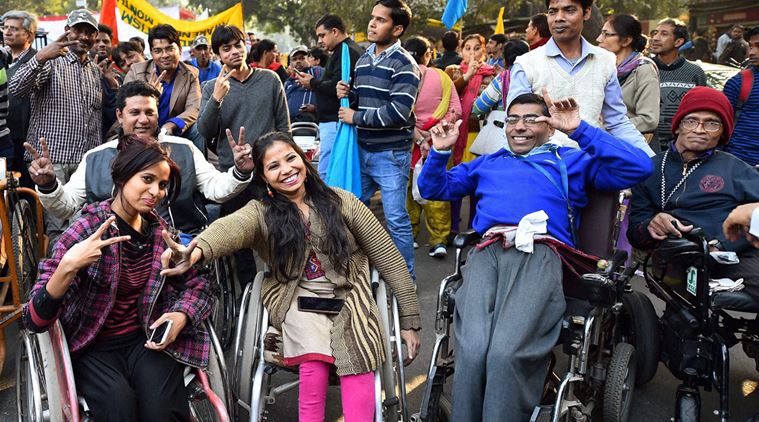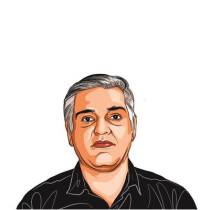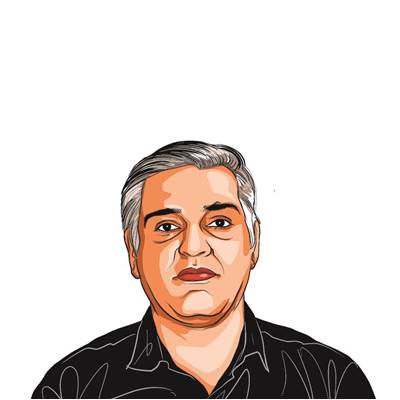Diagnosing Bias
Arguments against those with disabilities pursuing medicine are prejudiced

The inability of those who suffer from physical disabilities is a matter of hollow words now.
The Delhi High Court has ordered the formation of a committee of experts to examine if students with hearing impairment and dyslexia can pursue MBBS/BDS courses (IE, August 10). This order came after two cases of students with the said disabilities were denied admission to medical colleges. The court’s order has opened up a debate on two important aspects of the social attitude towards those with physical and mental disabilities: One, the actual inability of those who are physically challenged to perform a task. Two, whether those with specific physical and mental disabilities should be allowed to become doctors.
The inability of those who suffer from physical disabilities is a matter of hollow words now. We have ample examples from various fields (including medicine) where those with disabilities have excelled. From Stephen Hawking to Frida Kahlo to the Academy Award-winning actress Marlee Matlin, the spectrum of those with disabilities is not only just wide but also unique.
What impedes special people is not their disability but rather the inability of society to provide opportunities for accessibility, and acceptance. Even if we argue that the names mentioned above are an exception because of their individual brilliance, technological progress has opened new spheres of care, functionality and hence, inclusiveness. With the future of this technological tsunami not known, the inability of those with disabilities is nothing more than a figment of a non-inclusive thought process.
Having said that, in India, despite the efforts of successive governments and activists, disability continues to be a social taboo, a concrete wall which remains unscaled.
Not unexpectedly, doctors with disabilities are a minuscule part of any population. In a study in the United States, it was seen that more than 20 per cent of Americans live with a disability but only 2 per cent of practising physicians have disabilities. In the absence of scientific studies, this figure remains unknown in India. Despite the tiny numbers, most advanced countries have associations and societies of physicians with disabilities. They not only fight for the rights of their members but also conduct studies to evaluate the functionality and patient attitudes towards doctors with disabilities. Most of these associations work within the purview of the Americans with Disability Act. In the presence of such a strong and effective statute, the associations are provided with teeth to look into issues with the medical curricula, which are disabled-friendly and ensure that they are adopted throughout the country. This is in striking contrast to the problem in our country where I am not aware of any such association or organisation. Even the recently formulated Right of Persons with Disabilities Act, 2016, has not dealt on the subject in detail.
Doctors, if not the first, are surely the most important contact point for the diseased and the disabled. Simply put, the skills of a physician are nothing more than the practice of compassion. A person with disabilities will be more understanding towards a patient in a similar situation. It is a feeble argument that those with disabilities cannot perform specific skills needed for the practice of medicine. The commonest plea I have heard is, “how can a doctor with congenital absence of upper limb perform a Cardio Pulmonary Resuscitation (CPR)?” Surely he/she can’t. But pathologists, microbiologists, anatomists, dermatologists and many others might have never performed a CPR.
Thus, there is a need to understand that disability is not the problem but rather it is our inability to modify our medical curricula to be more willing to include students with physical and mental disabilities. The need is to redefine the technical standards and counselling competencies of medical education institutes to better define the needs of medical students with disabilities. Exclusion is the mark of a regressive society.
Khan is professor of orthopaedics, AIIMS, New Delhi and author of Man with the White Beard. Views are personal
For all the latest Opinion News, download Indian Express App
More From Shah Alam Khan
- The Cancer RefugeesPatient shelters must become part of urban infrastructure...
- An unhealthy statementPrivatisation of healthcare, not just doctors, is to blame for corruption in the sector...
- Dignity, but for whom?Verdict on living wills does not take into account socioeconomic realities...








































No hay comentarios:
Publicar un comentario